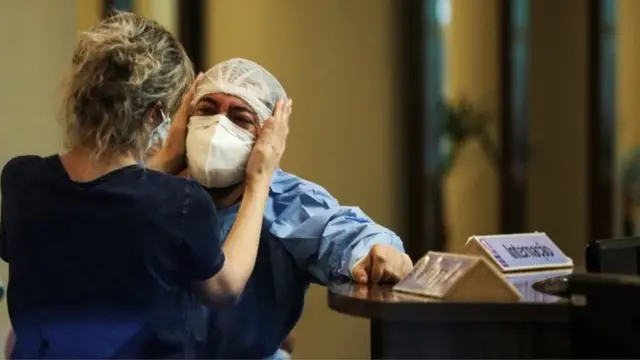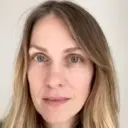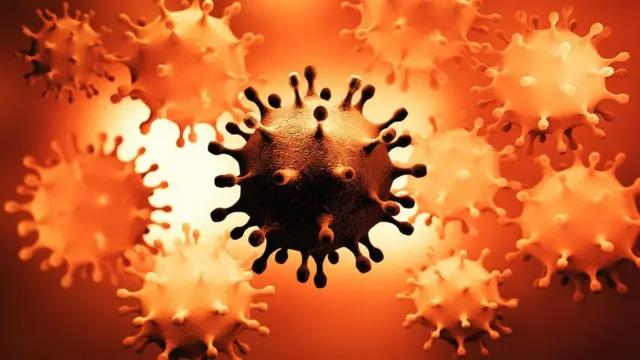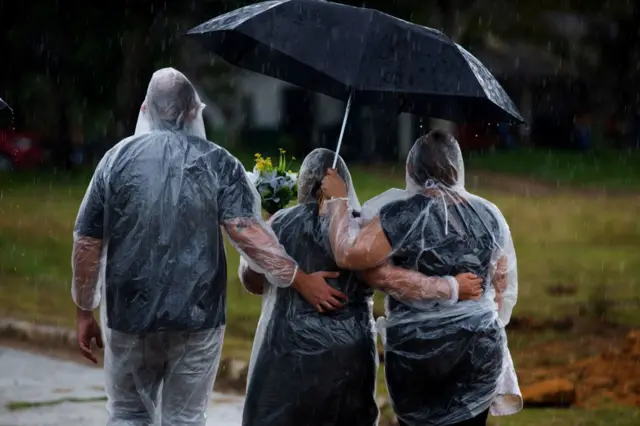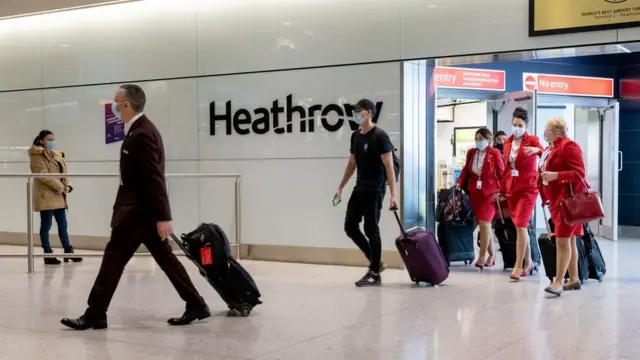UK's ban on South America travellers 'is precautionary'published at 08:14 GMT 15 January 2021
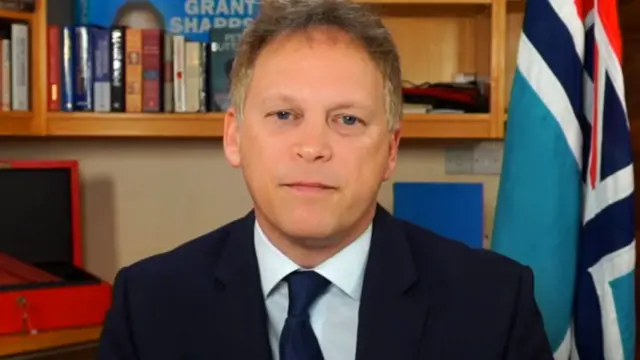
Transport Secretary Grant Shapps has just been talking about the UK’s new ban on travellers from South America.
He tells BBC Breakfast the ban is “precautionary” as the UK is “so close now” with its vaccination programme. The number of people in the UK to have received the first dose of a vaccine is now approaching three million.
“We want to make sure we don’t fall at this last hurdle, so it’s really a precautionary principle,” Shapps says.
He says there is concern the variant first identified in Brazil could be more transmissible and “we don’t need more complications”.
There haven’t been any flights from Brazil to the UK in the last week, he adds, while travellers from these locations would have already had to quarantine – this is an “additional precaution”.
Read more: How worrying are the UK, South Africa, and Brazil Covid variants?
